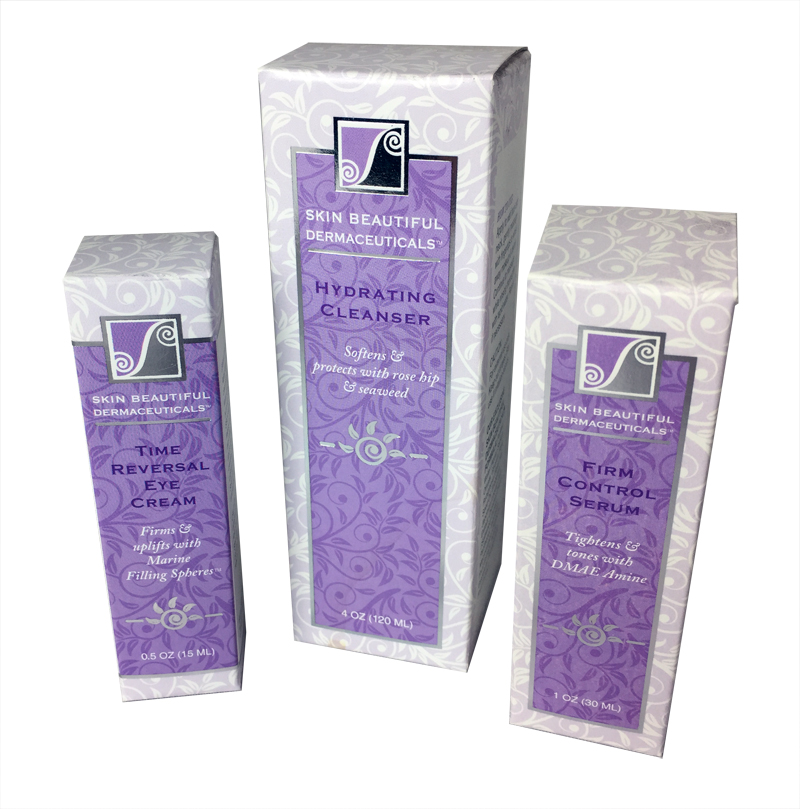The Indispensable Benefits of Paper Boxes and Small Boxes

In the world of packaging, paper boxes, and small boxes stand out as versatile and essential options for both personal and commercial use. Whether for gifting, storing, or shipping, these boxes offer a range of benefits that make them indispensable. Understanding their characteristics and typical uses can help you select the right type of box for your specific needs.
Paper Boxes
Paper boxes are made from several types of paper boards or cardboard, offering a lightweight yet sturdy packaging solution. These boxes are popular for their Eco-friendliness, as they are often made from recycled materials and can be easily recycled after use. The adaptability of a paper box makes them suitable for a wide range of applications, from retail packaging to gift boxes.
Characteristics of Paper Boxes and Small Boxes
• Eco-Friendly: One of the key advantages of a paper box is their environmental friendliness. Made from renewable resources, these boxes can be recycled multiple times, reducing waste, and minimizing the environmental impact. Businesses and consumers alike are increasingly choosing a paper box to align with sustainable practices.
• Lightweight and Sturdy: Despite being lightweight, a paper box offers a surprising amount of strength and durability. They can protect their contents from damage during handling and transit. The rigidity of the paperboard ensures that the box maintains its shape, providing a secure enclosure for distinct items.
• Customizable: A paper box is highly customizable, allowing for a wide range of design possibilities. They can be printed with logos, patterns, or colors to match branding or aesthetic preferences. This makes a paper box ideal for businesses looking to create a cohesive brand experience through their packaging.
Typical Uses of Paper Boxes
Paper boxes are incredibly versatile and can be used for a variety of purposes, making them a staple in many industries.
1. Retail Packaging: Many businesses use a paper box for retail packaging, particularly for products that require a lightweight and cost-effective solution. Items such as cosmetics, small electronics, and clothing accessories are commonly packaged in a paper box. These boxes are often designed with attractive graphics and finishes to enhance the product’s appeal on store shelves.
2. Gift Boxes: Paper boxes are also a popular choice for gift packaging. Their simplicity allows for endless customization, making them suitable for any occasion, from birthdays and weddings to corporate events. A paper box can be easily dressed up with ribbons, stickers, or custom printing to create a personalized gift presentation.
3. Food Packaging: A paper box is widely used in the food industry, particularly for takeout and bakery items. They provide a sanitary, disposable option for packaging food, while also being biodegradable and compostable. Common food items packaged in paper box include pastries, sandwiches, and meal kits.


